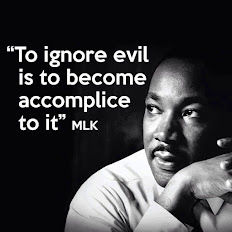Full screen recommended.
Dan, iAllegedly 5/28/22:
"Get Ready For A Credit Freeze This Summer"
"The Fed is completely helpless to solve the banking problems right now. People need to protect themselves and know that there is a good chance that there will be several large financial institutions that will go out of business during this time."
























